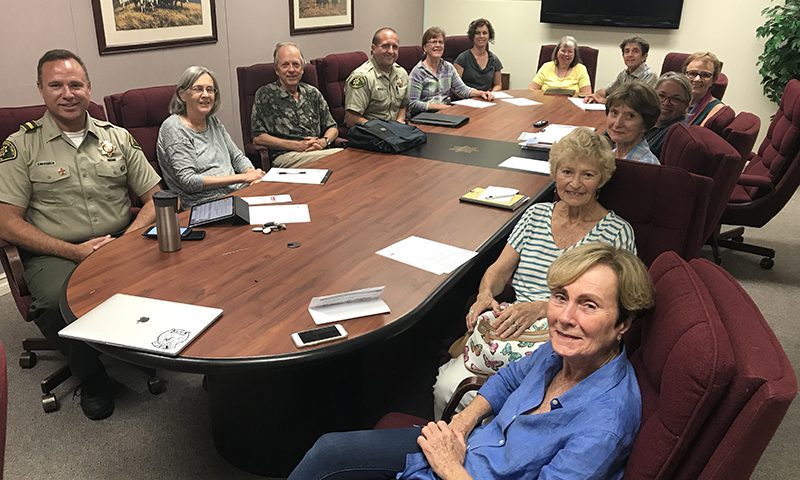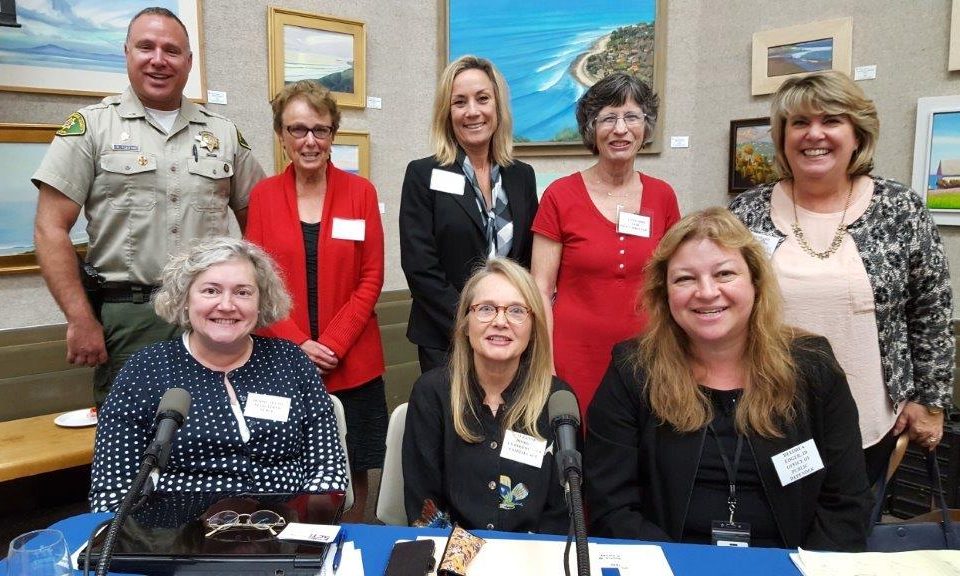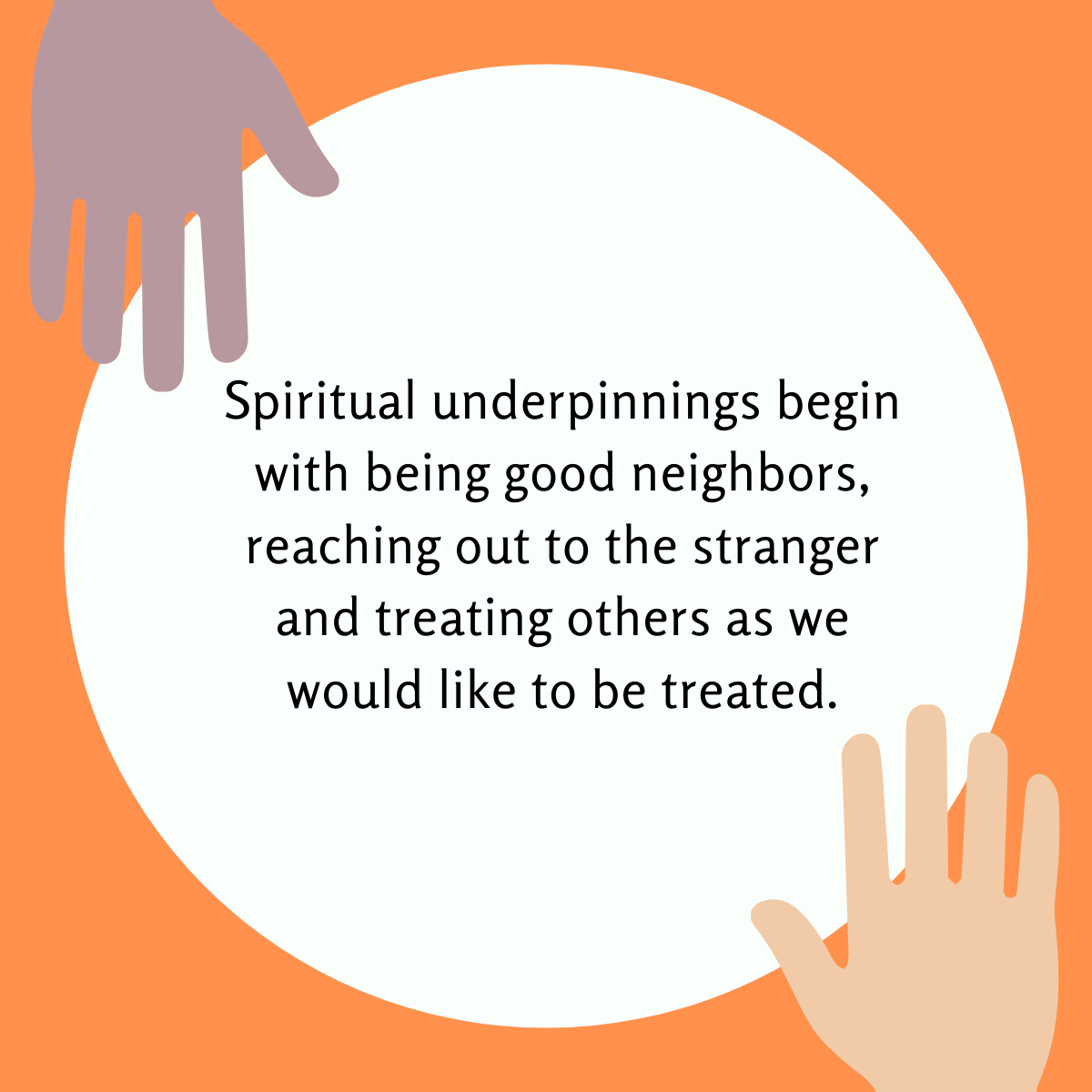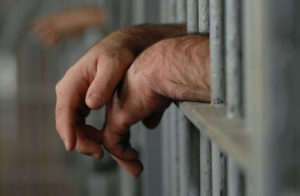Spiritual underpinnings begin with being good neighbors, reaching out to the stranger and treating others as we would like to be treated. As applied to our work, we are seeking to eliminate injustices in the jails and the ways police interact with people in our community. We’ve studied and collaborated with the Sheriff’s Department, particularly with the jail commander about a transformative approach that has reduced recidivism from 70% to 20% in the Norway model being applied in California and Oregon and we are seeking to bring elements to Santa Barbara County. We’ve been in a collaborative relationship with the Sheriff’s commanders to work towards transformative justice and we believe that they have seen its and have begun to adopt it.
Our goals include reducing recidivism, improving prison conditions, sustaining reduced jail populations from COVID 19, and increasing community support for transitions. Our actions have involved educating Sheriff’s Department commanders about humane approaches and proposing Freedom to Choose training rates to CRTs and jail residents.
One of the silver linings of the pandemic is that it forced the prisons to examine who could be released early and take action to reduce the spread of COVID in jails. Now that they’ve shown that they can reduce the number of people incarcerated and there hasn’t been a huge upsurge in crime in the community, we are seeking to get the jail populations permanently reduced. The Freedom to Choose program connects volunteers with prisoners and sees a low rate of 5% recidivism as opposed to 70%. These are initiatives that we think can really make a difference. We have also been in collaboration with the Public Defender’s Office and are looking for common ground to work with them in reallocating funds from county budgets towards their Holistic Defense model which takes into account the whole person and their situational and social factors.
Actions taken to collaborate with the County Board of Supervisors for the repurposing of funds include repurposing of the Sheriff’s Compliance Response Teams (CRT) to address mental health, substance abuse, and housing needs rather than re-arrest. This would help people on probation and parole to prevent them from cycling back into incarceration. The $8000 pilot program has rehoused 28 people with only 2 returning to jail: there is a strong relationship between having housing when re-entering the community and not being re-imprisoned.
CLUE and Criminal Justice have spoken out on BLM initiatives in support of reallocating funding to transformative justice by reshaping the county budget for this year’s cycle. Some of our new initiatives that we have begun to work on are firstly getting internet into jails for education and community support opportunities, better data collection and evidence-based approaches to reduce recidivism, and lastly reshaping police procedures to end racial violence.



